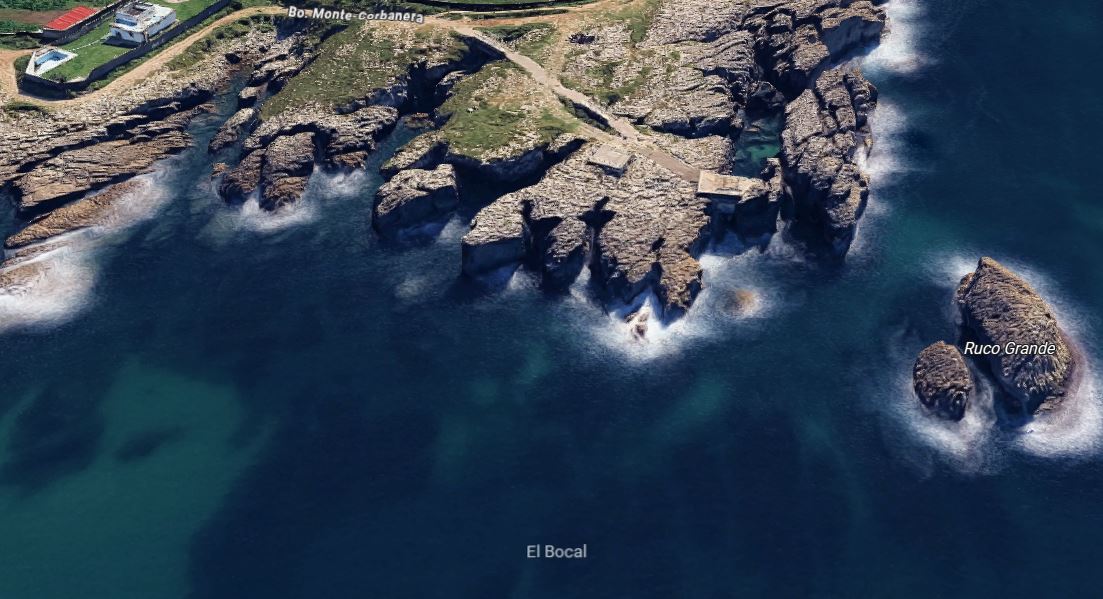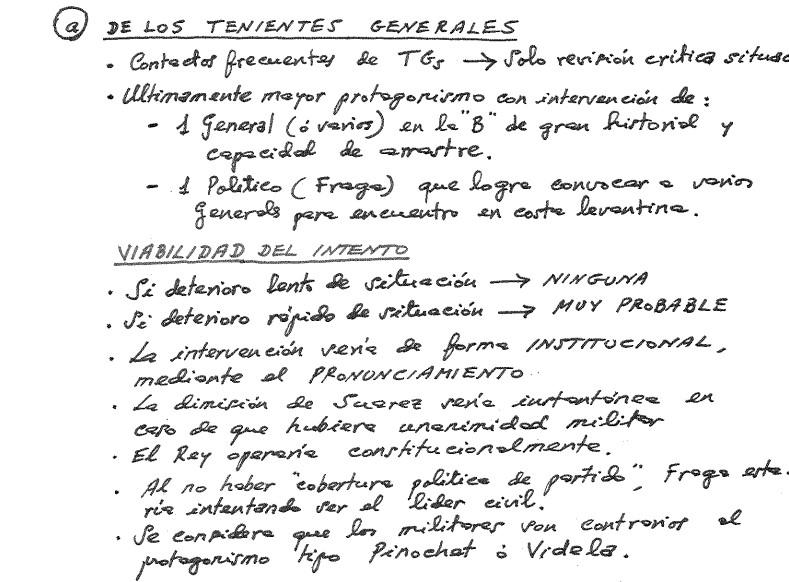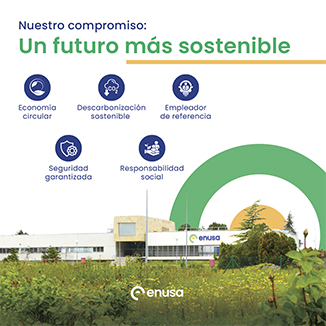RESPONSABILIDAD AMBIENTAL
Toda organización que se precie de ser socialmente responsable ha de tener en cuenta una estrategia orientada a la conservación de los ecosistemas donde actúa y, por supuesto, dentro de la economía global debe velar por elegir métodos productivos o de prestación de servicios que creen riqueza local y disminuyan los impactos causados por el transporte, así como, por el aprovechamiento de las actuaciones realizadas en países con legislación menos restrictiva.
Un desarrollo de negocio limpio, que minimice los daños, necesita ir acompañado de un cambio en los paradigmas económicos que pueden y deben surgir de las empresas e instituciones, pero que, también, puede ser forzado por los consumidores. La sociedad necesita un cambio radical de pensamiento que promueva estrategias saludables para la forma de vida actual, en la que la protección de la biodiversidad; el diseño de productos o servicios para que, llegado el caso, cuando originen residuos estos sean absorbidos por la naturaleza en sus ciclos normales de desarrollo o incorporados a la actividad industrial y el desarrollo de la actividad local, facilitando el acceso de los consumidores y disminuyendo los costes sean los principales objetivos a considerar.
En lo particular queda mucho por hacer: todavía se cortan árboles y arbustos por el mero hecho de no mantenerlos; no segregamos residuos por la molestia que esto causa; compramos sin pensar en las posteriores consecuencias y por mero capricho de ir a la última moda, etc. Pensamos que la contaminación es cosa de las empresas, de los gobiernos o de otros y no asumimos nuestra responsabilidad sobre las acciones diarias.
Observar y reflexionar sobre lo que hace la naturaleza con relación al aprovechamiento de la energía, la regeneración biótica y su supervivencia nos da las claves para modificar y mejorar nuestras conductas.
“Dos cosas me llaman la atención: la inteligencia de las bestias y la bestialidad de los hombres”. (Flora Tristan)
ENVIRONMENTAL RESPONSIBILITY
Any organization that boasts of being socially responsible must take into account a strategy aimed at the conservation of the ecosystems where it operates and, of course, within the global economy, it must ensure the selection of productive methods or services that create local wealth and reduce the impacts caused by transport, as well as by taking advantage of the actions carried out in countries with less restrictive legislation.
A clean business development, which minimizes damage, needs to be accompanied by a change in the economic paradigms that can and should arise from companies and institutions, but which, also, can be forced by consumers. Society needs a radical change of thinking that promotes healthy strategies for the current way of life, in which the protection of biodiversity; the design of products or services so that, where appropriate, when they originate waste they are absorbed by nature in their normal development cycles or incorporated into industrial activity and the development of local activity, facilitating the access to consumers and decreasing costs are the main objectives to consider.
In particular, much remains to be done: trees and shrubs are still cut simply because they are not maintained; we do not secrete waste due to the inconvenience this causes; we buy without thinking about the subsequent consequences and on the whim of going to the latest fashion, etc. We think that pollution is something of companies, governments or others and we do not assume our responsibility for daily actions.
Observing and pondering on what nature does in relation to the use of energy, biotic regeneration and its survival gives us the keys to modify and improve our behaviours.
“Two things attract my attention: the intelligence of beasts and the bestiality of men”. (Flora Tristan)
Antonio González Losa





















